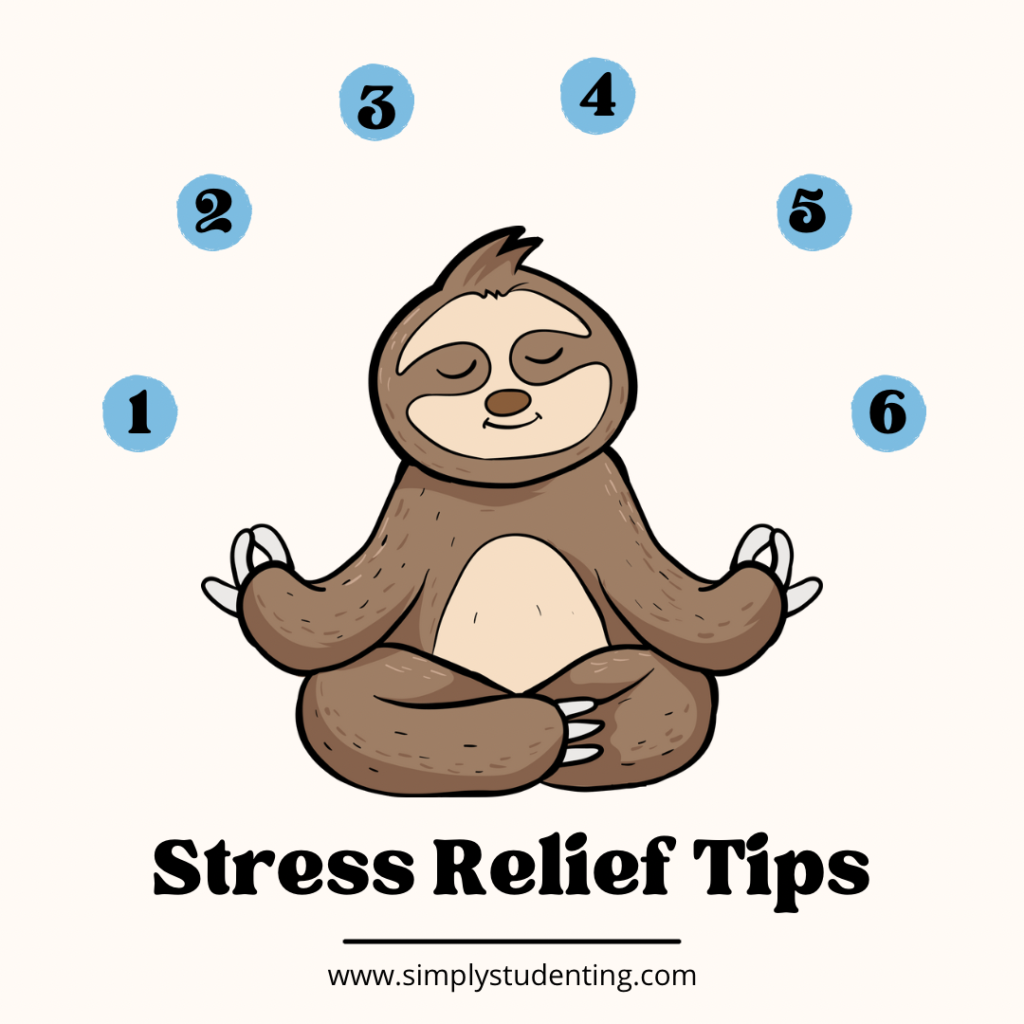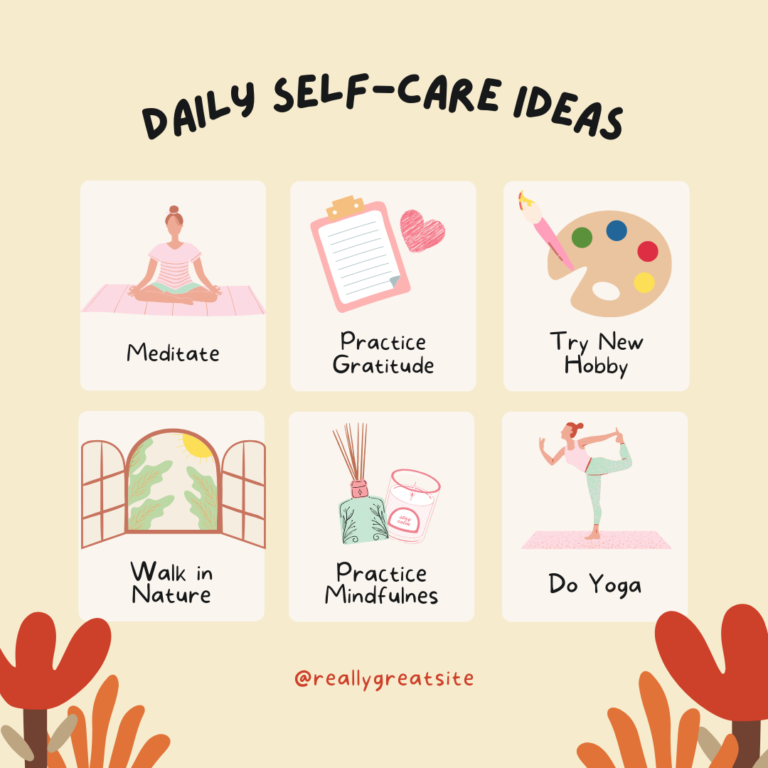
Apart from the joyful and exciting experience of being a student, stress is another inextricable event in a student’s life, which tends to steal your inner piece, and sometimes even Chicken Licken’s soul food has got nothing on it. The pressure to achieve good grades, navigate some personal challenges that come your way and still have the time of your life can have you dreading out of bed and neglecting your mental and physical health. But if you can understand what is stressing you out and take action to deal with the stress then you are well on you way to making your student years fly by.
In today’s post we are going to look at: 6 ways that you can deal with stress as a student.

1. Look out for the signs of stress:
Are you finding it difficult to concentrate, has there been an unfavorable change in your sleeping patterns or your appetite, if yes, these are some of the signs of stress that you need to look out for, others may include stomachaches, headaches, chest pains or your heart may be beating like crazy but in this case it is not beating for the apple of your eye. By being aware of these signs when they occur, you can take a step back and try to think of ways to deal with the stress before you become completely overwhelmed and delaying the things that you should be getting done.
2. Manage your time:

Speaking of getting things done, one of the main reasons why many students experience high levels of stress is the lack of proper time management of which procrastination has its part in this. If you find yourself setting a schedule to do some tasks or have some fun like watch an episode or two of ‘Shaka Ilembe’, but instead you go overboard and end up watching 4 episodes knowing very well that in the next hour you have an incomplete tutorial to submit, then it’s fair to say that your time management is a bit shaky. You need to take into account the things that you do when you are procrastinating and try to seize control over the amount of control they have over you, by creating a realistic schedule that will allow you to get the important things done first and earlier, and then after can you freely indulge in the things that make you the most happiest and reduce the likelihood of you experiencing too much stress.
3. Be realistic about your expectations:
Listen, it is a good thing to want only the best for yourself, but in some cases having high standards can sometimes lead to discouragement. If you are always striving to be perfect in all that you do, you may find yourself stressed out about achieving all your targets and when it happens that you don’t achieve the expected outcome, you feel like you never do enough so you may end up wanting to isolate and criticize yourself instead of thanking yourself for the effort you are already putting in. Life is too short for you to be a cyborg. Set realistic expectations, see setbacks as an indication that you are trying and be compassionate towards yourself.
4. Make self-care a priority:
In order for you to effectively manage the stress that comes with being a student, start practicing self-care. Plan a solo brunch date once a month if not weekly, play your favorite music in the background and clean your space, video call your loved ones, watch a game with the boys, go for a jog, get enough sleep. There are so many ways to incorporate self-care in your daily routine which will help you to improve your focus, to be productive and reduce stress.

5. Create or Join a support network:
Don’t close yourself off. Especially as a first-year student. There is so much that you can gain from making connections with other students which can help you manage stress. For example, you may be having concerns or doubts about your chosen career path which is making you feel overwhelmed and discouraging you from making the most of your student journey and you may have no idea how to deal with this situation. If you have connections or people you can reach out to, you may receive some advice that you should make use of your institutions Psycad services which will offer you with professional career guidance and consultation. Having a social support network can therefore play a vital role in helping you manage situations that are contributing to your stress and will rather contribute positively to your overall well-being.
6. Seek a balanced lifestyle:
As a student, ofcourse you have to dedicate enough time to focus on your studies, but you need to also strive for a balance between that, your self-care, your side hustles and your social life. To achieve this balance, start by giving each aspect of your life a priority score and then schedule time for each aspect according to that score. You can for example start your Wednesday by studying or doing your research in the morning thereafter, do your workout routine, shower, have breakfast, attend a class, grab lunch with friends, tutor 2-3 people on Cambly or iTalki continue with your research assignment, have dinner and watch an episode of ‘Never have I ever’, call a family member and thereafter do your bedtime routine. The way you plan your day will depend on your priorities and circumstances but try to balance your life so that you are not overwhelmed by one thing. This will help you manage your stress levels and live a fulfilling student life.
Conclusion
In conclusion stress is a normal part of a students life of which in order for you to mange, you will have to be aware of the stress signs as well as the causes of stress and then take the action needed to reduce that stress. Finish that assignment and submit it on time so that you can sleep peacefully at night. Work on your time management skills, reach out to friends and family for help, take care of yourself, mentally, emotionally, physically and seek balance so that you can make the most of your student experience.


Pingback: Unlocking Adulthood: How to Adult in University - Simply Studenting